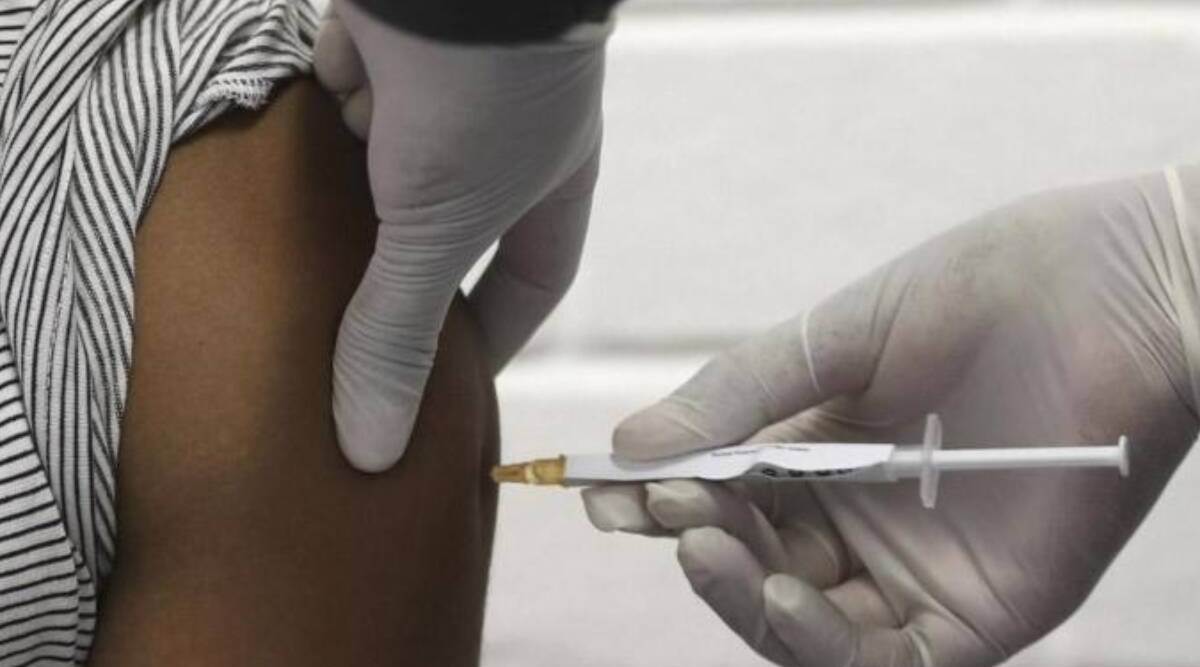 There is no proof so far of the mutations tampering with vaccine effectiveness.
There is no proof so far of the mutations tampering with vaccine effectiveness.Council of Scientific and Industrial Research (CSIR) director-general Dr Shekhar C Mande on Monday said that the Covid-19 vaccines being developed across the world are likely to be able to fight off any mutations that the virus may have developed.
Mande’s comment comes even as British Prime Minister Boris Johnson placed London and its surrounding areas under lockdown after a mutation to the virus, believed to increase its transmissibility, was discovered.
The coronavirus has mutated several times since the first case was discovered in Wuhan, China. But scientists had pointed out that the mutations in the coronavirus have been slow. Mutations of the virus have occurred in India as well, but these mutations have been minor, said Mande.
“There are plenty of viral isolates going around. The coronavirus has different isolates in different parts of India. The virus in the South is not the same as what is found in Delhi – all are not identical to each other. We have had mutation like A2A, B4 etc. But India has nothing to be alarmed about,” Mande told The Indian Express.
“The mutations in the country have been minor and have been similar to that world over. I believe the vaccines that are being developed will be able to tackle the mutations.”
So far, scientists have noted two distinct sets of mutations in the virus that causes Covid-19 — the H69/V70 deletion and the D614G, both of which affect the spike proteins, which helps the virus to bind to the human cell and infect it. It is this ability that vaccines seek to target and weaken.
There is no proof so far of the mutations tampering with vaccine effectiveness.
Mande said that while the transmissibility of the new strain, named N501Y, may be higher, this was not indicative of more fatal symptoms or increased chances of death.
Science labs in India have sequenced more than 4,000 genomes of the coronavirus which has been submitted to the Global Initiative on Sharing All Influenza data. CSIR-affiliated labs IGIB, Delhi and CCMB, Hyderabad have carried out 2,200 genome sequencing.
“Genome sequencing is an important method of surveillance for a virus and this is why our labs will continue to sequence the genomes till the pandemic is over,” said Mande.